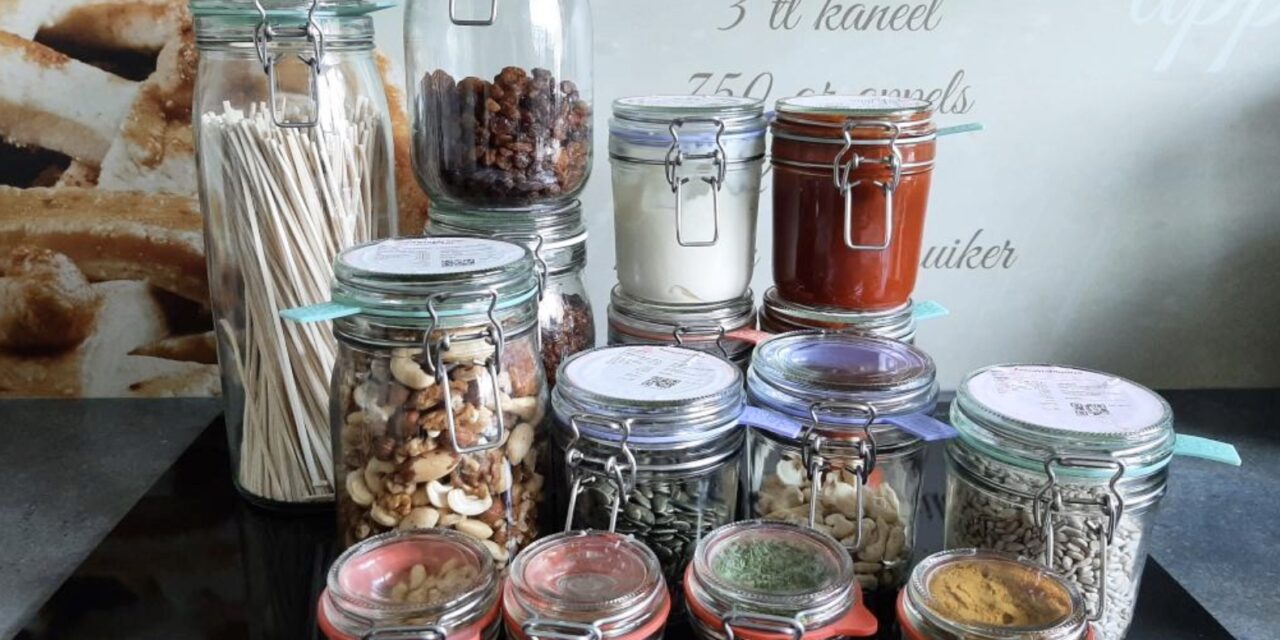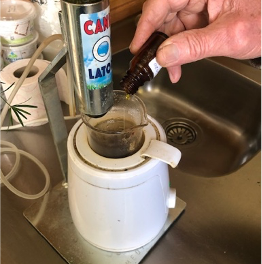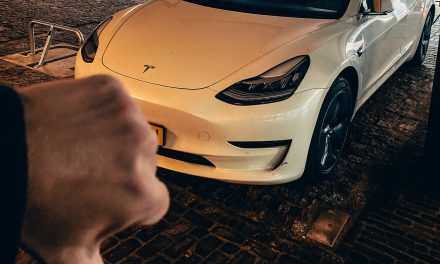Pieter Pot is a great example of how a small effort can change the way suppliers and customers deal with waste – by making zero-waste shopping easy, affordable and attractive to all.
THE NETHERLANDS – Pieter Pot is a new online zero-waste supermarket that has seen massive success. Upon sensing a need for reducing packaging materials along with a lack of motivation in Dutch customers that resulted in the closing of many zero-waste concept stores, Jouri Schoemaker and Martijn Bijmolt started their own small business in Rotterdam. They delivered food in reusable jars with a cargo bike, using a deposit system. Within a year and a half, this small startup has grown to more than 20.000 customers with another 30.000 on the waiting list. Recently, the company scaled up to a bigger warehouse, a partnership with PostNL, more employees and products from popular brands, paving the way for affordable, easy and lavish zero-waste grocery shopping.
When a customer places an order (including a deposit for the jars), the pots are delivered by PostNL, the largest national delivering company, and empty jars are taken back immediately to be cleaned and reused. This circular system allows people to stay home, and reduce cleaning work and waste from packaging. Pieter Pot tries to make circular packaging the norm by creating a zero waste chain that is accessible for brands to sell and customers to buy. The business buys its groceries in bulk, and works with social workplaces where people with a distance to the labour market fill the Pieter Pots with the product. For instance, olive oil comes in a 1000 liter box that is refilled by the supplier when empty. Not all suppliers are fully circular in their waste yet, but that is an impact Pieter Pot is aiming to create.
Currently Heinz and Haribo are partnered with Pieter Pot, making candies, mayonnaise, ketchup and curry available in a zero-waste version. This is a notable positive marketing strategy – the companies themselves only supply the goods, which Pieter Pot will buy in bulk and do the rest. The zero-waste label shows (potential) customers that the brands care about the environment.
“Pieter Pot forms the bridge between supplier and consumer, and meets the requirements on both sides in leaving plastic out of the chain without more work for supplier or buyer.”
Lockdowns as a result of the Covid-19 pandemic have given online shopping a massive boost, but there is more than that to the rapid growth this company has experienced. As stated before, Pieter Pot makes grocery shopping accessible and affordable – but they also add an aesthetic touch with their well-designed pots. The company has done well in a country where sustainable consumption often takes too much effort, costs more money, or is too activism-focused. After many unsuccessful attempts of zero-waste supermarkets in the Netherlands, Pieter Pot has taken a revolutionary step towards making sustainable grocery shopping accessible to everyone.
Pieter Pot finds it important that their collection is available in regular supermarkets. Not to make more money, but to promote easy zero-waste alternatives. This allows people to shop for fresh vegetables and fruits, and Pieter Pot products without waste in one place. Eventually the company wants to help other brands and supermarkets with stocking their assortments in jars or other custom made, re-usable packaging, because “many supermarkets and brands already recognise that we need to shift to waste-free packaging materials.”
“Pieter Pot will always choose what has the most impact rather than where the most money lies. This can be a big step for some brands, but sustainable shopping is on the rise and no one can deny the urgent need for action towards the climate crisis.”


![Past the Point of No Return in Climate Change: Will We Die in 20 Years? [Audio]](https://svjmedia.nl/internationaljournalism/wp-content/uploads/sites/378/2022/11/DD1CFFE2-03EE-405A-9325-D733A322D543-440x264.jpeg)

